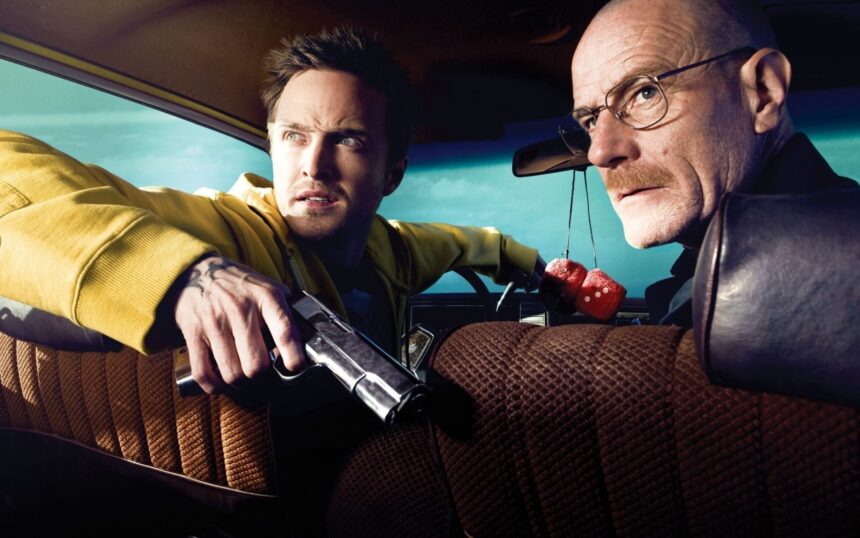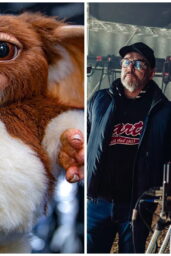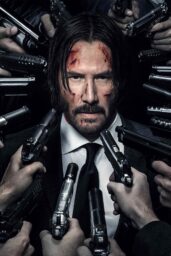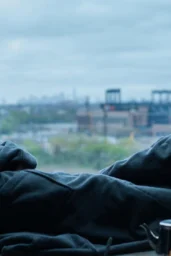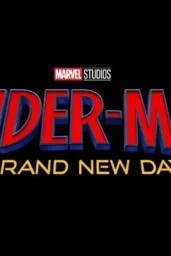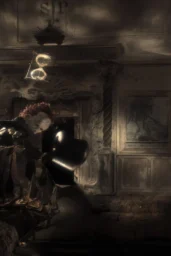There's a special kind of madness that comes from imagining what could have happened in a show as tightly wound as Breaking Bad. And few series invited as much obsessive theorizing while it aired. Reddit threads, after-show breakdowns, bar debates—it was a blood sport. But one fan theory in particular stuck in the collective memory like blue crystal in a glass tray: What if Walter White—Heisenberg himself—tried his own meth?
Turns out, that almost wasn't just fan fiction.
In a 2018 interview with Entertainment Weekly, showrunner Vince Gilligan peeled back the curtain on a storyline that was seriously considered: Walt taking a hit of his own product. Not by accident. Not under duress. By choice. Out of ego, curiosity, hubris—take your pick. And for a brief, unnerving moment in the writers' room, the idea had traction.
“He's so proud of the product. What would happen if he tried it? Would he like it? Would he get hooked on it?”
—Vince Gilligan, Breaking Bad Creator
It's the kind of twist that practically begs for itself—dramatically, thematically, even chemically. Walt's journey is one of transformation, degradation, and addiction. Not just to power, but to precision. To being the best at something again. And yet… it never happened.
Because Gilligan knew better.
Let's be clear: if Walt had lit the pipe, it would've obliterated the very foundation of what Breaking Bad was about. Walt wasn't Jesse. He wasn't an addict, in the literal sense. He was addicted to control. To winning. To legacy. And in Gilligan's words, the writers eventually realized the idea “felt forced and inauthentic.”
He was right. And thank God for it.
There's an old, unwritten rule in narrative construction: just because it would be wild doesn't mean it would be true. Having Walt spiral into meth addiction might've added short-term chaos, but it would've dismantled the core of what made his downfall so insidious. His evil wasn't born from chemical dependency. It was built, brick by brick, through pride and self-delusion.
Instead of the drug, Walt got high on the process itself. Gilligan explained that the research behind the show revealed something fascinating—meth cooks can become just as hooked on the making as users are on the taking. The rituals. The refinement. The quiet godhood of chemistry.
In that sense, Walt was already a junkie—just not the kind that twitches in alleyways. His addiction was cleaner, colder, and far more dangerous. He wasn't chasing a high. He was chasing perfection.
Let's also not forget: Walt's lab was his redemption arc in reverse. He was a man discarded by the very system he helped build—cheated out of Gray Matter, his name erased from history. Meth gave him the podium. The spotlight. The revenge. That superlab wasn't just a workspace. It was a twisted temple.
Had he smoked the product, he'd become just another user. A puppet to the drug he thought he mastered. The illusion would shatter. The god would fall.
And the tragedy would lose its teeth.
It's a rare thing, in modern prestige TV, to see a showrunner not chase the biggest, boldest twist. Especially when the audience is already halfway there with theories and speculation. But restraint is an art, and Gilligan's refusal to cave to narrative spectacle is part of what makes Breaking Bad such a bulletproof piece of television.
Besides, if Walt had tried the meth, you can bet the secret wouldn't have stayed buried. His double life was already a ticking bomb. Add substance abuse to the mix, and that explosion would've come seasons earlier. No blue barrels in the desert. No death stare at the Nazi compound. No “I did it for me.”
Just another burned-out addict with blood on his hands.
It's tempting to imagine the alternate timeline. To see Cranston twitch and rave, his brilliance warped by addiction. But what we got was better. More frightening. More human.
Because Walt didn't fall off the cliff.
He built the staircase—and walked down it, one proud step at a time.

